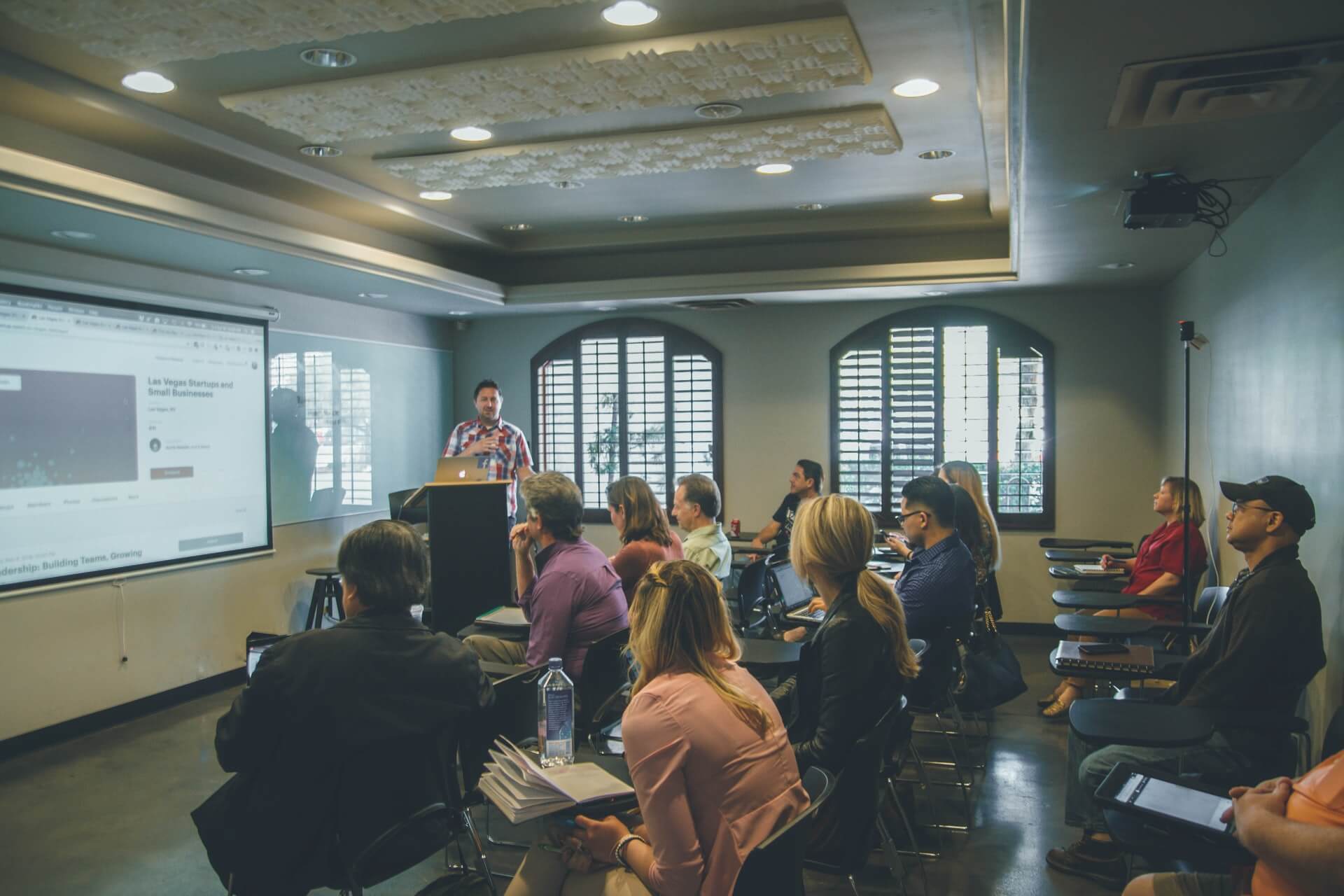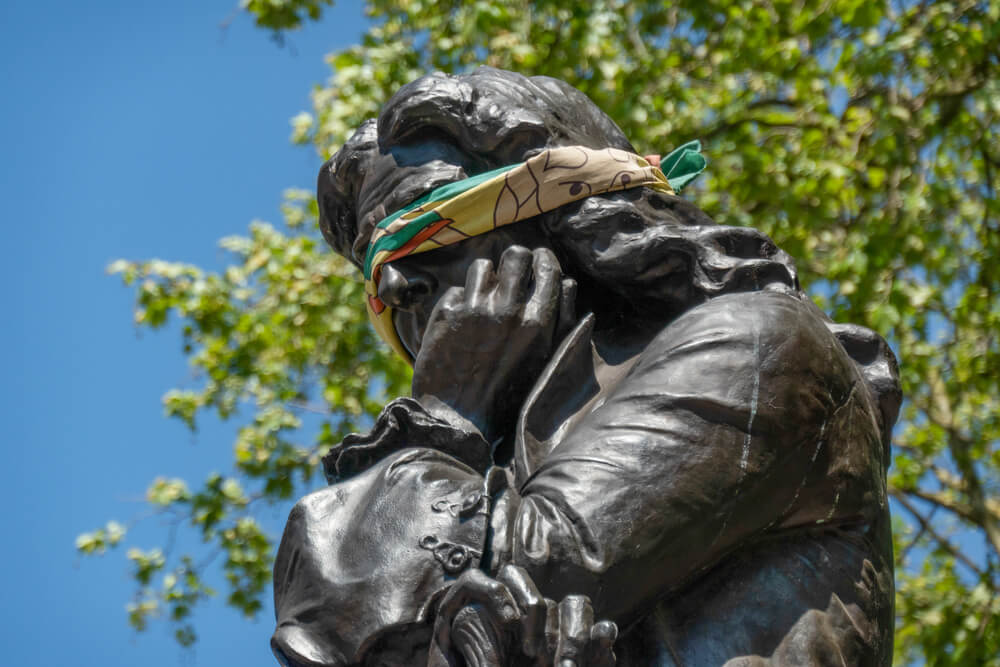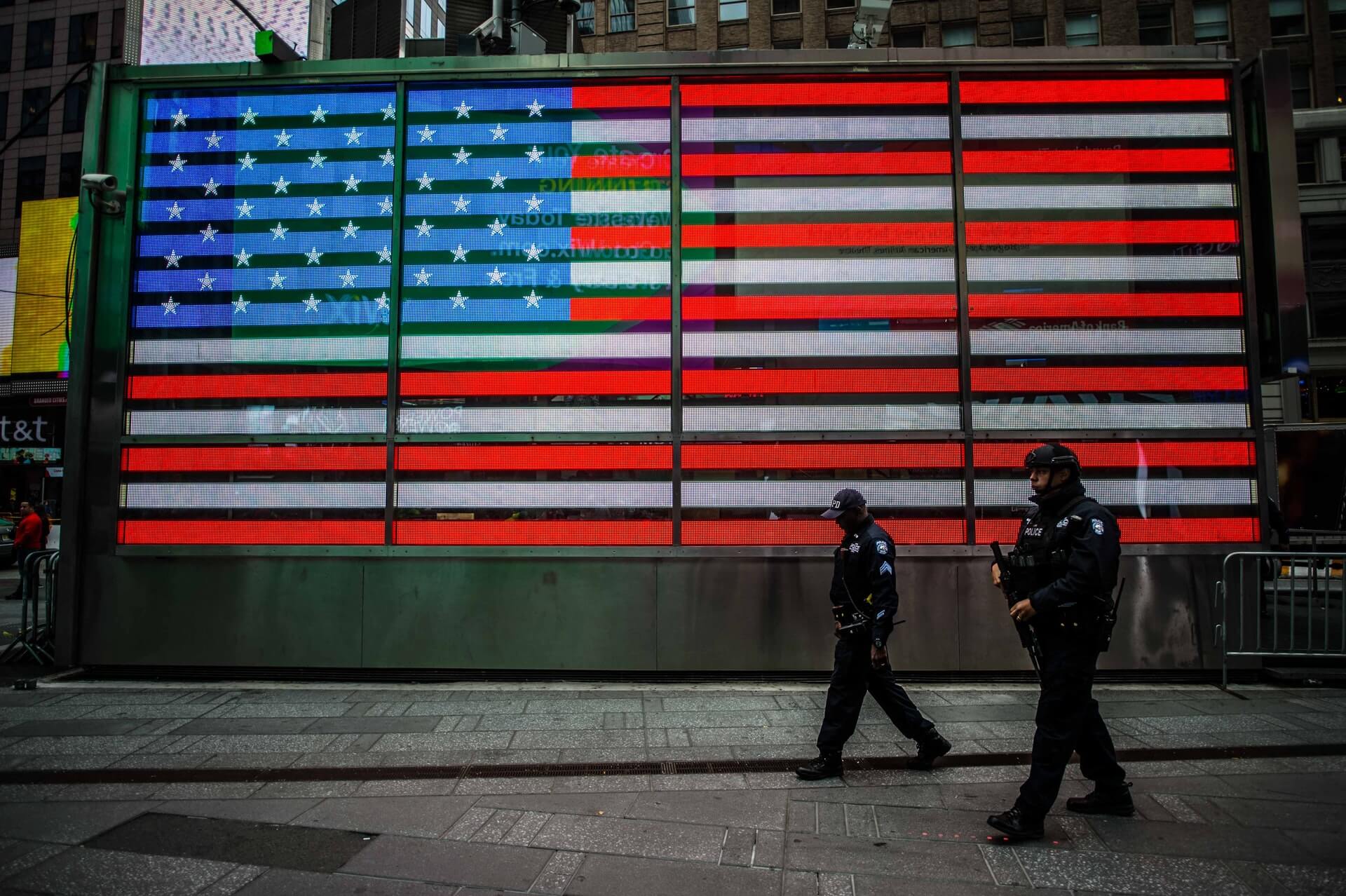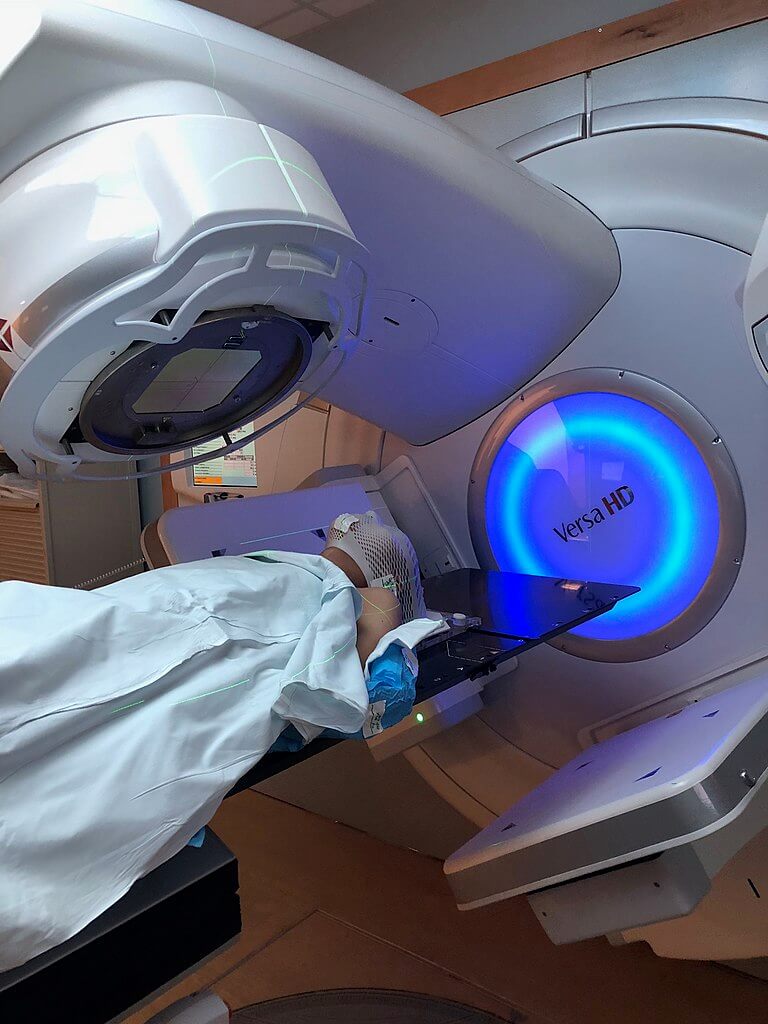When a vaccine for COVID-19 is as easily available as a flu shot, and when the public is comfortable getting it, it will be a time of victory — Victory Virus. And it will be a time to begin building the new America.
Things will have changed. We won’t be going back to the future. Most visible will be the disappearance of a huge number of low-end jobs. No one knows how many but, sadly, we have a good idea where it will hurt most: among semi-skilled and unskilled workers.
They are those who don’t have college degrees and those who wouldn’t have qualified to enter college. Higher education isn’t for everyone, even if money wasn’t an issue. College is for those who can handle it, therefore benefiting.
It isn’t only the virus that is changing the employment picture but also the continuing technology revolution.
Data is going to be king, according to Andres Carvallo, founder of CMG, the Austin, Texas-based technology consulting company, and a professor at Texas State University. Data, he argues, linked with the spreading fifth-generation telephone networks (5G) will delineate the future. Carvallo has pointed out that data from all sources has value, “even the homeless.”
Carvallo’s colleague on a weekly video broadcast about the digital future, entrepreneur John Butler, a University of Texas at Austin professor, believes data and 5G will start to affect American business in a big way and new business plans will emerge, taking into account the increasing deployment of sensors and the ability of 5G to move huge quantities of data at the speed of light.
Carvallo explains, “If you’re moving data at the rate of 40 megabytes per second now, with 5G you’ll be able to move it at 1,000 megabytes per second.”
The technology revolution will continue apace, but will there be a place for those who aren’t embraced by it, like those who serve, clean, pack, unpack and have been doing society’s housekeeping at the minimum wage or just above it?
Evidence is that they are already in sorry shape with a much higher rate of COVID-19 infections than the general population, and even in the best of times they have poorer health — an indictment of our health system.
The future of the neediest workers is imperiled, in the short term, because the jobs they have had and the jobs that have always been there for those on the lower ladders of employment are disappearing. A goodly chunk of these workers will be out of work for a long time.
Retraining is the solution that is advocated by those who aren’t caught in this low-level work vise. Retraining for most people is, to my mind, just a crock. It is a bromide handed down by the middle class to those below; a callow concept that doesn’t fit the bill. It soothes the well-heeled conscience.
First, some people can’t grasp new concepts, particularly as they age. Are you really going to teach a middle-age, short-order cook to navigate computer repair? That is not only impractical, it is cruel.
A further disadvantage is that the affected workers not only are going to be shut out of their traditional lines of employment but they also carry an additional burden, another barrier to retraining: They almost exclusively are the products of shoddy public education, so there is very little to build on if you’re going to retrain.
If you have marginal English, most information technology work is going to be inaccessible; rudimentary math is another stumbling block.
Very smart people are candidates for retraining. The graduate schools see plenty of students who get multiple, dissociated degrees, like lawyers who have nuclear engineering degrees. I know a prominent head of surgery at a Boston hospital who has a degree in chemical engineering. They are the polymaths, but they aren’t laboring for the minimum wage.
The loss of jobs due to COVID-19 comes at a time when technology, for the first time since the Newcomen engine kickstarted the Industrial Revolution 1712, might be a job subtractor, not the multiplier it has been down through the ages.
Unemployment insurance is a stopgap but it also obscures the full extent of the skill void, the aptitude hurdle.









